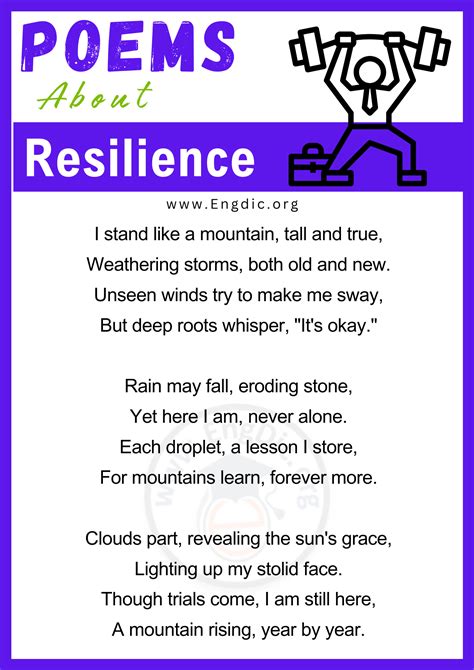For many men, the concepts of “strength” and “resilience” are deeply ingrained, often associated with stoicism, unwavering resolve, and the ability to overcome obstacles without visible struggle. However, when faced with a significant personal failure—whether in career, relationships, or personal endeavors—this ingrained perception is often profoundly challenged, leading to a transformative shift in understanding what true strength entails.
The Initial Shattering: Ego and Identity
A significant personal failure can be a devastating blow to a man’s self-perception. The immediate aftermath often involves feelings of shame, inadequacy, and a questioning of one’s capabilities. For those who equate strength with constant success or invulnerability, failure can feel like an existential threat, dismantling carefully constructed identities and eroding confidence. This initial period is characterized by introspection, often uncomfortable, as the man grapples with the chasm between his self-image and the stark reality of the setback.

Shifting from External Validation to Internal Fortitude
One of the most profound shifts occurs in the source of validation. Before failure, strength might have been perceived through external markers: achievements, recognition, financial success, or the admiration of others. Post-failure, these external metrics often lose their luster or become irrelevant. The man is forced to look inward, to find a wellspring of resilience that isn’t dependent on outcomes. This is where strength evolves from a performative act into an intrinsic quality—the ability to face one’s shortcomings, accept responsibility, and still find the will to move forward.
This internal shift involves a re-evaluation of personal values. What truly matters? Is it the outcome, or the effort? Is it avoiding mistakes, or learning from them? This process can be painful but ultimately liberating, as it disentangles self-worth from external achievements and anchors it in personal integrity and growth.

Redefining Resilience: Beyond Bouncing Back
The traditional definition of resilience often implies merely “bouncing back” to a previous state. After significant failure, a man’s understanding of resilience deepens. It’s no longer just about recovery, but about transformation. True resilience becomes the capacity not just to endure hardship, but to integrate the lessons learned, adapt one’s approach, and emerge stronger and wiser, fundamentally changed by the experience. It’s about building new frameworks for understanding the world and one’s place in it, rather than just repairing the old ones.
Embracing Vulnerability as a New Form of Strength
Perhaps counter-intuitively, personal failure often opens the door to embracing vulnerability. When the veneer of invincibility is shattered, the man may find a new capacity for honesty—with himself and with others. Sharing struggles, admitting mistakes, and seeking support are no longer signs of weakness but acts of genuine strength. This vulnerability fosters deeper connections, breaks down isolation, and allows for the development of emotional intelligence that was previously overshadowed by a need for stoic self-reliance.

The Cultivation of Empathy and Perspective
Experiencing significant failure can profoundly enhance a man’s empathy. Having walked through the valley of disappointment, he gains a more nuanced understanding of others’ struggles and setbacks. This shared human experience fosters a greater capacity for compassion, both for himself and for those around him. The failure provides a broader perspective, diminishing the importance of minor inconveniences and highlighting the true value of grit, perseverance, and genuine human connection.
Strength, in this evolved view, is not about never falling, but about the courage to stand up again, to learn from the fall, and to offer a hand to others who are stumbling. It’s about building character through adversity, rather than proving an untarnished record.

Long-Term Wisdom and Growth
In the long run, men who navigate significant personal failures often report a richer, more grounded sense of self. They understand that strength isn’t about avoiding the storms of life, but about learning to sail through them, even when the mast breaks. Resilience becomes a dynamic process of adaptation, learning, and continuous self-improvement, rather than a fixed trait. This perspective allows for a more forgiving view of oneself and others, recognizing that mistakes are not endpoints but vital stepping stones on the path to genuine personal growth.
Conclusion
A significant personal failure, while initially devastating, can act as a powerful crucible for redefining a man’s perception of strength and resilience. It shifts the focus from outward appearance and flawless achievement to inward fortitude, genuine vulnerability, and profound personal growth. Ultimately, strength is understood not as the absence of failure, but as the capacity to face it, learn from it, and emerge with a deeper, more authentic understanding of oneself and the human condition.





